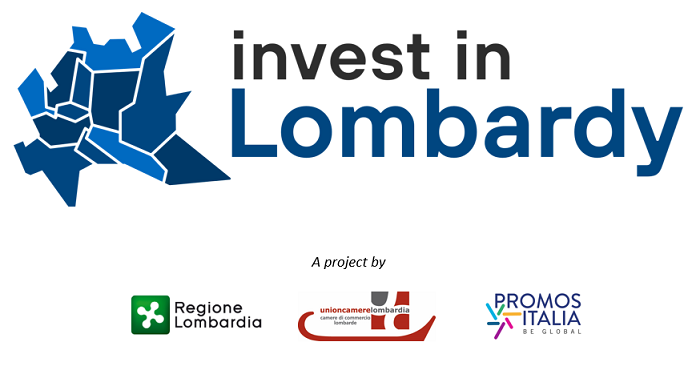About 80% of Italian businesses have family characteristics, in the sense that the control of the same is in the hands of one or more households. The European average is similar, if not slightly higher.
What differentiates the Italian “family” company from that of other European countries is that in about 2/3 of Italian family businesses the family members are also directly involved in the management of the company. Not only in small companies, but also in complex ones with a global presence.
In this context, the theme of generational change acquires significantly greater delicacy of character and complexity. The management and prevention of possible conflicts between the founders and “heirs”, as well as, and most importantly, between their own “heirs”, the identification of clear and shared goals, and of people able to pursue common strategies to the entire core, become key elements to ensure a harmonious growth of the company.
The dreaded increase in the inheritance tax for the entrepreneur certainly raises a further issue of concern, and can (and in certain cases, should) push ahead some choices aimed at making logical and effective, as well as fiscally affordable, the translation of the corporate assets .
To understand what are the best solutions to be implemented, even from the point of view of the corporate structure and governance, in order to “facilitate” the generational transition, a careful assessment of each individual and family entrepreneurial reality should take place. It is also possible to identify some general guidelines, resulting in provisions of the law currently in force which are applicable in a wide range of practical cases with significant potential benefits.
During the conference “The generational shift between increase in inheritance tax and investment research. The trust as a possible solution for the entrepreneur“, which Invest in Lombardy – Promos and Masotti & Berger law firm will organize on 11 May in Milan at Palazzo Giureconsulti, with the participation of the English law firm Stevens and Bolton and UniCredit Wealth Management, practical insights will be provided on how to use the Anglo-Saxon institution of the trust (possibly in combination with other local institutions of corporate law or Italian families) both to “protect” companies from inter and intra generational contrasts in order to obtain possible tax advantages and make the company more attractive to external investors.
Starting with an analysis on the fundamentals and the nature of the trust, which will be provided by British professionals with years of experience in the industry, it will be possible to better understand the flexibility and relative simplicity of the institution and embrace how a trust is structured and “dropped” within a typical Italian family business organization. This is to prevent and “neutralize” tensions and managerial conflicts between the founders (who still have a majority shareholding) and other members of the household, while streamlining tax issues related to the transition of ownership of the shareholding (from a substantial point of view ).
Written by Luca Masotti – Masotti&Berger
Download the presentations
1. Impresa a patrimonio familiare e rischi del passaggio generazionale – Luca Masotti e Mascia Cassella, Partners – Masotti& Berger
2. L’istituto del trust ed il suo uso come strumento di supporto ad una razionale gestione societaria – Nick Acomb, Partner – Stevens&Bolton LLP
3. Aspetti fiscali (con particolare riguardo alle imposte di successione e donazione) e vantaggi del trust – Francesca Masotti, Partner – Masotti&Berger
4. Il Passaggio generazionale per la continuità dell’impresa: percorso e possibili soluzioni – Paola Fasani, Wealth Advisory – Asset Protection – UniCredit Spa
5. Le opportunità di investimento che si aprono strutturando la società in maniera moderna e “preventiva” dei rischi generazionali – Luca Masotti e Mascia Cassella, Partners – Masotti&


